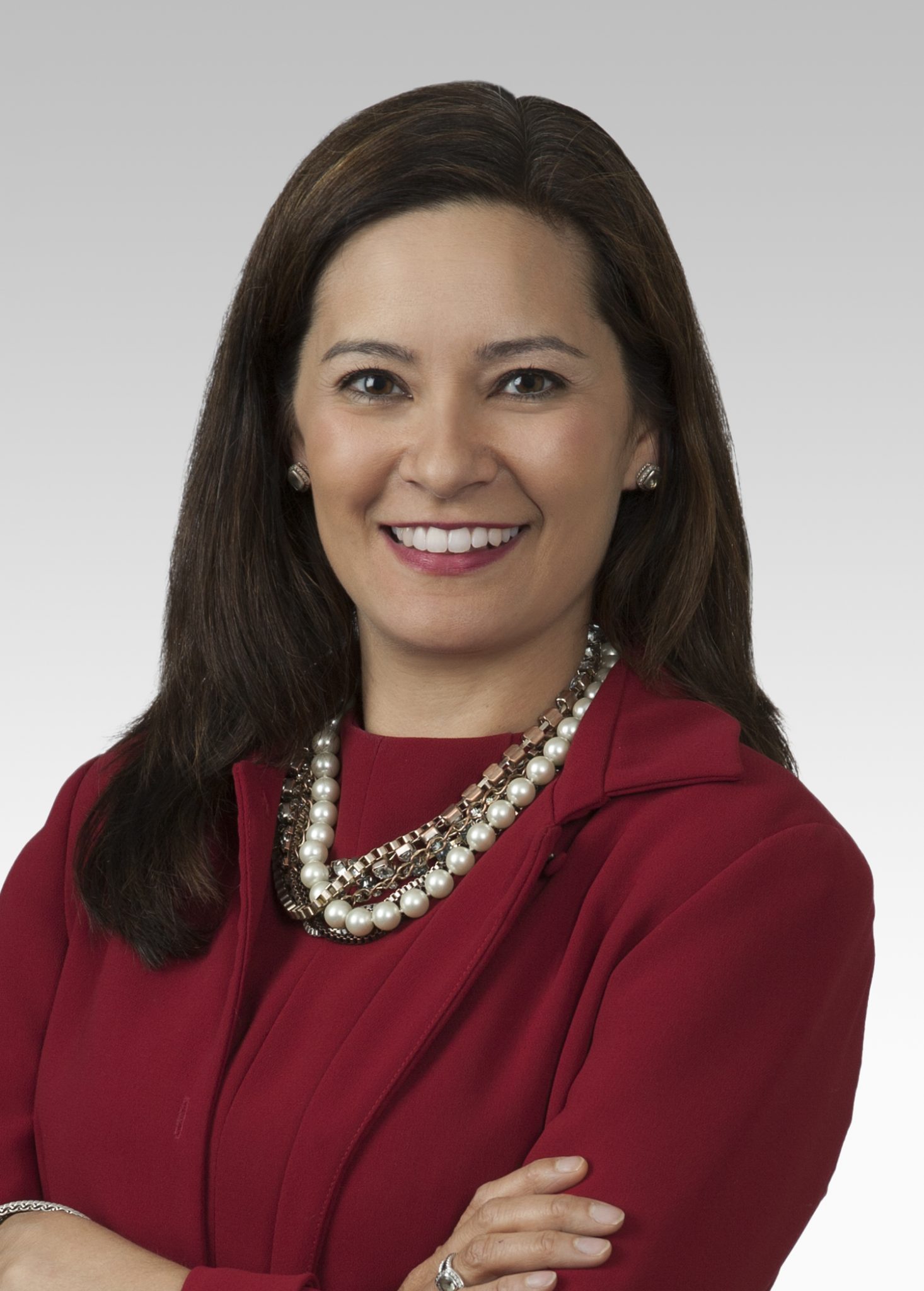Do you have the right mindset to be successful working flex? Have you taken stock of your professional and personal successes? Do you know how to train your brain for positive results? These and many other questions were answered last Thursday in the first session of the Diversity & Flexibility Alliance’s Flex Success® Institute We want to congratulate those flex professionals who have already set off down this life-changing road by committing to spending a total of six hours with the Institute this summer. The Institute is a five-session virtual professional development program, plus a one-hour individual coaching session, that is guaranteed to transform your approach to working flexibly.
Last week’s participants also learned how to harness the power of goal setting to achieve their vision. They uncovered their biggest confidence killers and discovered how to persevere in the face of failure. They identified their own unique key to empowerment and ways to increase their productivity. They learned about the importance of rituals and risk-taking and how self-care and authenticity are essential. In just one hour these participants already have a step up on building their self-esteem, their career success and finding true happiness in their personal and professional lives.

 Diversity & Flexibility Alliance: How have you made flexibility a priority and a success through your career?
Diversity & Flexibility Alliance: How have you made flexibility a priority and a success through your career?